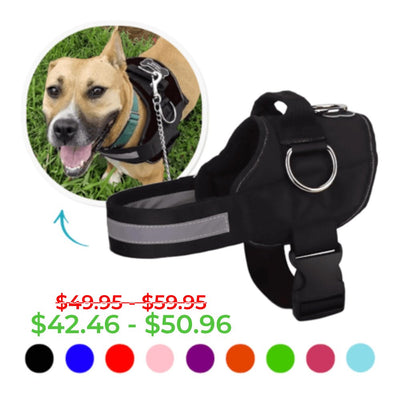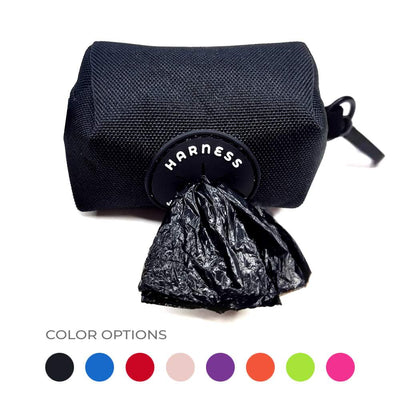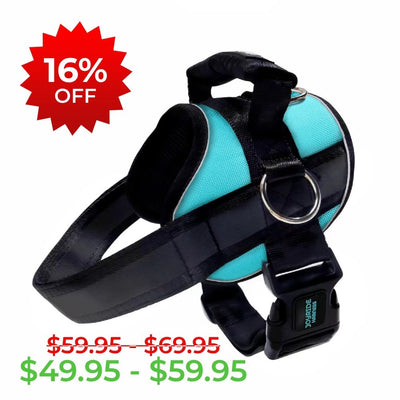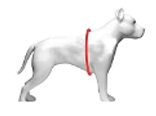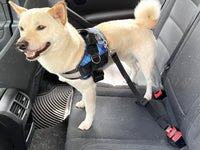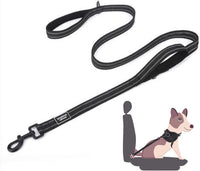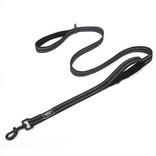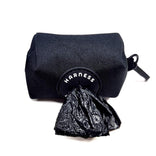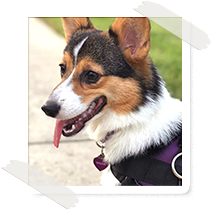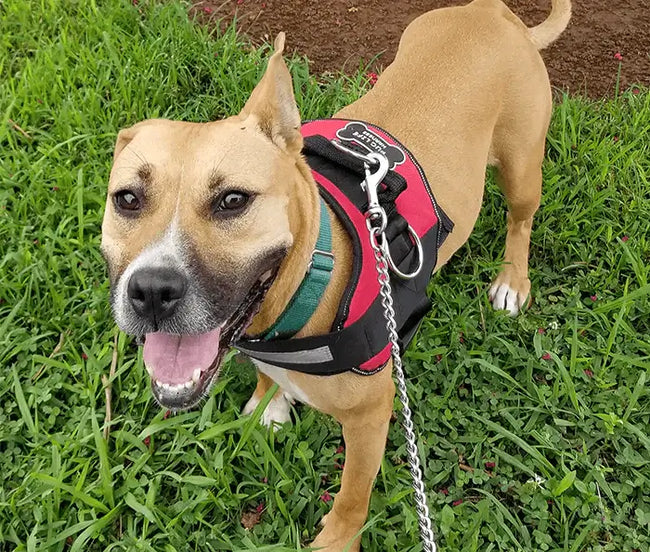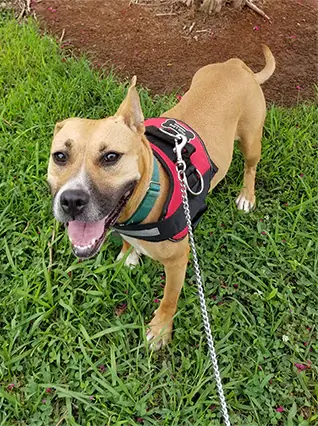Senior Dog Care: 5 Ways to Keep Your Older Dog Happy and Healthy
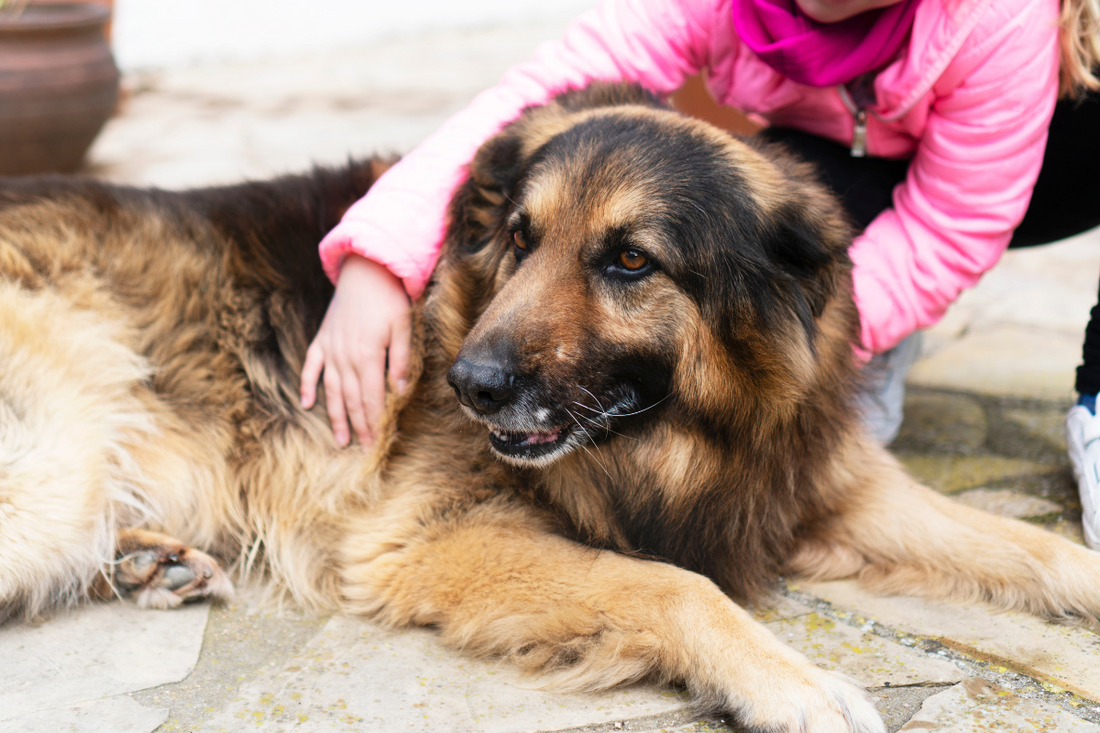
Our fur babies are our family members, and it's tough to watch them age. A senior dog's needs are different from a younger dog, so it's vital to know how to adapt to their lifestyles. And as they enter their golden years, it's our responsibility to adapt their care routine to ensure they stay healthy and happy. Senior dogs might need a little extra TLC compared to their younger counterparts, but with the right approach, you can help them age gracefully and live their best life.
We're diving into five tips that will make your senior dog's tail wag with joy. If you love your fur baby as much as we love ours, keep reading...
A Well-Balanced Diet: The Key to Vitality

Just like how we adjust our diets as we get older, our senior dogs need a tailored approach to their nutrition. Their metabolism slows down, and they might not be as active as they used to be. To keep your furry friend in the best shape, opt for a well-balanced diet. This means serving up meals that are packed with protein, healthy fats, and all the essential nutrients.
Tip: Consider switching to senior dog food designed to meet their specific nutritional requirements. Check the label for key ingredients that support their aging needs.
Vet Checkups: A Necessity, Not an Option

Regular vet checkups are like wellness exams for your four-legged family member. As dogs age, they become more susceptible to various health issues. That's why it's crucial to stay on top of their health with more frequent visits to the vet. Blood work, X-rays, and other tests might become more common, helping to catch any potential problems early on.
Tip: Don't forget about dental health! Regular teeth cleaning can prevent pesky periodontal diseases that often trouble senior dogs.
Keeping the Senior Pep in Their Step with Exercise

Exercise is a fountain of youth for your senior pup. While they might not be up for chasing after tennis balls like they used to, regular exercise is still vital. It helps them maintain a healthy weight, keeps their joints limber, and supports good digestion.
Tip: Opt for low-impact activities such as leisurely walks, swimming, or even some gentle playtime. It's about keeping them active without putting too much strain on their aging joints.
Creating a Haven of Comfort

Just as we enjoy a cozy corner to unwind, your senior dog deserves a comfy retreat too. Their activity levels might decrease, and they might doze off more during the day. Make sure they have a snug spot to rest that's away from loud noises and distractions.
Tip: A soft dog bed tucked away in a warm and quiet corner is a perfect oasis for your aging companion.
Cherished Moments: Quality Time Matters
Remember, the best gift you can give your senior dog is your time and affection. Even though they might not be as energetic as before, quality moments together can work wonders for their emotional well-being. Incorporate them into your daily routines and activities, whether it's a leisurely stroll or a cozy cuddle on the couch.
Tip: These bonding sessions are like sunshine for their hearts, keeping them emotionally vibrant.

Conclusion: Ageing Gracefully, Together
As your furry friend enters the twilight years, their needs might shift, but your love for them remains constant. Prioritize regular vet checkups, a balanced diet, gentle exercise, a cozy resting spot, and precious moments together. These are the keys to ensuring your senior dog ages gracefully and enjoys the best possible quality of life. Remember, every wag of their tail is a thank-you for your care and attention.
FAQs About Senior Dog Care
Q1: How often should I take my senior dog to the vet? A1: Aim for biannual vet visits to keep a close eye on their health and catch any issues early.
Q2: Can I still play fetch with my senior dog? A2: While high-impact activities should be avoided, consider low-impact games that won't strain their joints, like slow fetch or gentle tug-of-war.
Q3: Are there specific senior dog foods available? A3: Absolutely! Many brands offer specially formulated senior dog food that caters to their changing nutritional needs.
Q4: Why is dental care important for senior dogs? A4: Senior dogs are prone to dental issues. Regular teeth cleaning prevents problems like periodontal disease, ensuring their overall health.
Q5: How can I help my senior dog adjust to their aging body? A5: Adapt their living space with a comfy bed and provide low-impact exercise options. Spend quality time together to boost their spirits.
Remember, your senior dog's twilight years can be some of the most heartwarming. With a little extra care, you can make this chapter of their life as joyful and comfortable as possible. Your loyal companion deserves nothing less.


